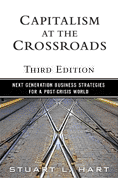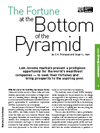Enterprise for a Sustainable World (ESW) and Ecociate, in collaboration with the BoP Global Network Labs from around the world, are organizing the Third BoP Global Network Summit.
The event will be held April 18 - 20, 2018 at the India Habitat Centre in New Delhi, India.
The Summit will build on the 2nd BoP Global Network Summit: “Sustainable Entrepreneurship From The Bottom Up” held in 2015 in Burlington, VM-USA, which brought together corporate innovators, academics, entrepreneurs, community leaders, students, and BoP Global Lab leaders from more than 16 countries. The 2018 Summit will include a field visit to initiatives to experience first-hand some of the leading edge BoP business initiatives in India. The field visit will serve to stimulate discussion and action during the Summit itself.
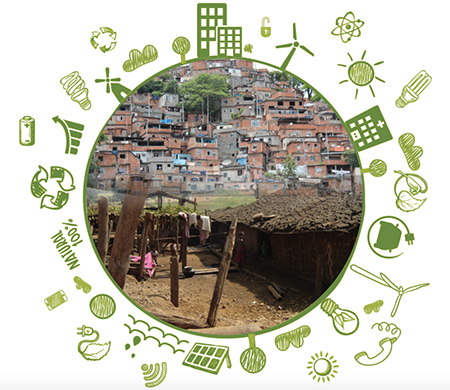
Companies and ventures cannot succeed at the BoP in isolation. It is in the strength of a strong and mutually aligned network and partner ecosystem including academia, government, development agencies, local entrepreneurs, and NGOs, that business will find the keys to success.
The 2018 BoP Global Network Summit will be focused around three such emerging strategies to more effectively reach and serve the Base of the Pyramid. All three strategies hinge on creative ways to build more effective ecosystems and networks.
The objectives of the Summit are to explore the frontiers of these emerging strategies through plenary sessions featuring state-of-the art practice, followed by working sessions to build and accelerate momentum toward making them a reality. The theme is “NEW STRATEGIES FOR BUILDING BoP ECOSYSTEMS.”
Our keynote speakers include Jonathon Porritt - the co-founder of Forum for the Future and Suresh Prabhu, Minister of Commerce and Industry, India, amongst many more. See the full speaker line-up here.
Sign up here >>
Video here >>

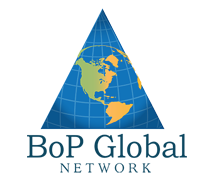

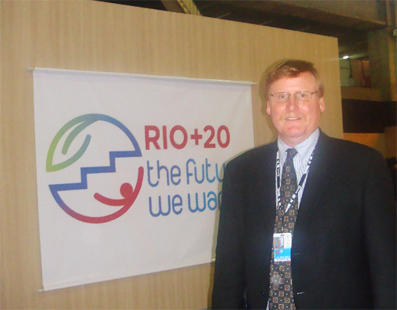




 In the emerging economies of the world, this revolution has already begun. ITC in India, for example, prides itself on creating livelihoods for the poor in the rural areas as part of its strategy for wasteland reforestation and agricultural productivity improvement. Indeed, as commodity costs rise, it may make sense to redefine productivity--from capital intensity and labor efficiency to labor intensity and capital efficiency. In the 21st century, "sustainable" enterprise must define success by the extent to which they create productive and fulfilling employment for the people of the world.
In the emerging economies of the world, this revolution has already begun. ITC in India, for example, prides itself on creating livelihoods for the poor in the rural areas as part of its strategy for wasteland reforestation and agricultural productivity improvement. Indeed, as commodity costs rise, it may make sense to redefine productivity--from capital intensity and labor efficiency to labor intensity and capital efficiency. In the 21st century, "sustainable" enterprise must define success by the extent to which they create productive and fulfilling employment for the people of the world. 